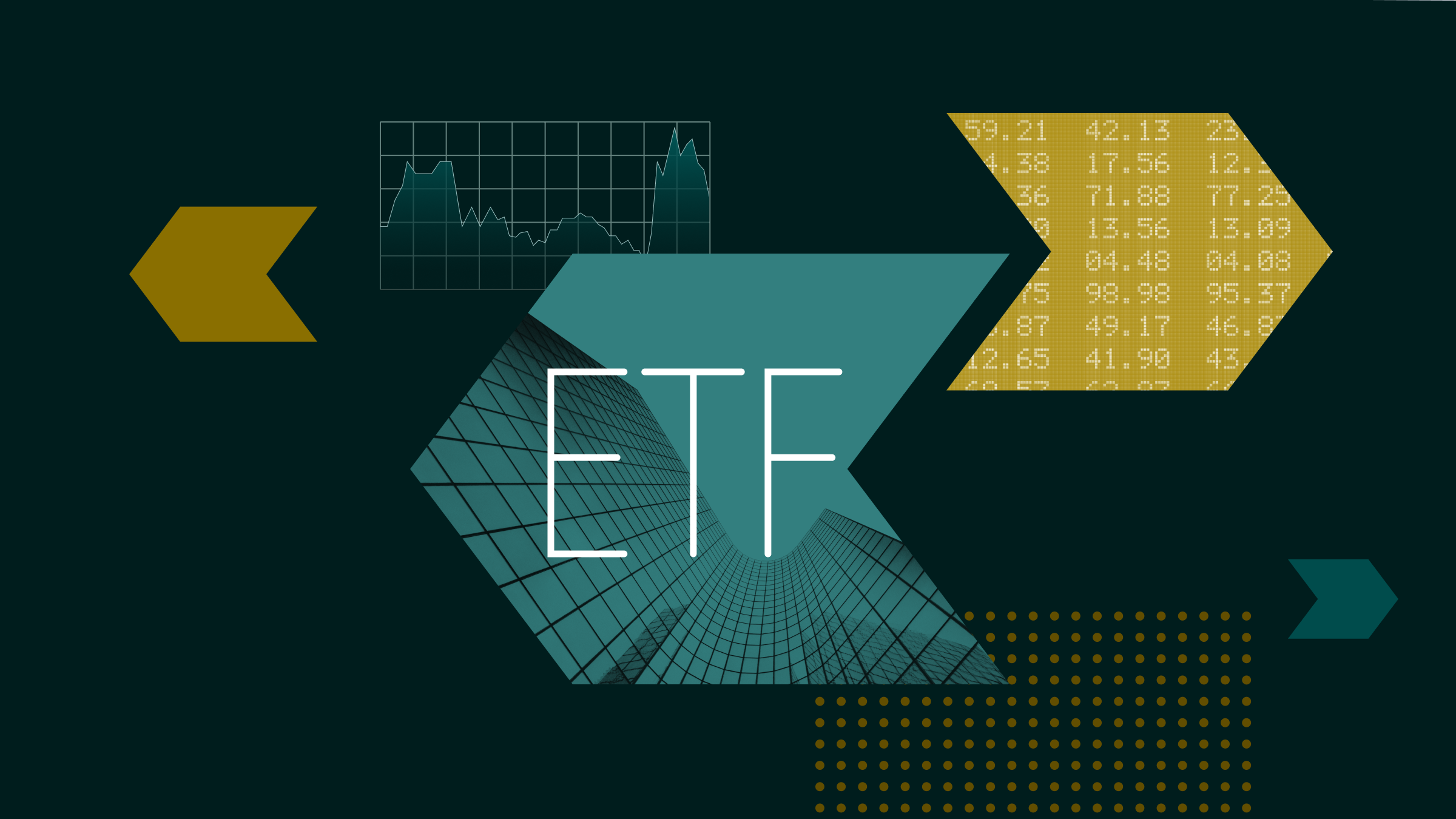
Adrian Hilton, Columbia Threadneedle Investments
The Italian election result looks messy, but we don’t think that the chances of Italy leaving the eurozone have gone up materially. The Five Star Movement and the Northern League have both had a very good election, while Renzi’s PD and – more surprisingly – Berlusconi’s Forza Italia have suffered.
The arithmetic of government-formation won’t be clear until we know how the parliamentary seats will be distributed. Neither Five Star nor the centre-right (LN/FI) coalition can govern alone, but it seems likely that the future administration will feature one anti-establishment party or another. The reaction of bond markets has been fairly restrained so far; the really negative outcome for markets would be a coalition comprising both the Lega and Five Star.
Such a scenario would probably worsen relations with the European Commission, especially around fiscal targets. But we are a long way from Italy ditching the euro: both anti-establishment parties have toned down their euro-scepticism in recent months and surveys continue to show a popular majority in favour of membership of the single currency. The constitutional obstacles to a Brexit-style referendum in Italy are in any case considerable.
Most likely we’ll see a protracted period of horse trading and uncertainty while the hung parliament is resolved. At worst, Italy will be back to the polls in a few months. Despite that uncertainty, we think euro break-up risk is at its lowest for years. And in the context of solid economic growth across the eurozone, we think peripheral government bond spreads can continue to converge gently towards those of the core.
Claudio Ferrarese, Fidelity International
The Italian elections at the weekend resulted in a hung parliament, although the results show a victory for populist parties at the expense of the more orthodox political class. It is important to note that these results, while relevant, are not a surprise. Electoral polls have been showing a growing support for the more populist parties for quite a few months, and the Five Star Movement (M5S) has had a very strong following among the electorate for a while especially in the south of the country.
What is the market reaction? Not a lot, at the time of writing BTPs – Multi-year Treasury Bonds Buoni del Tesoro Poliennali – are only few basis points wider telling you that market is not surprised by this outcome. A coalition was considered a good outcome but the market preference was for one involving mainly the traditional parties. Now, however, it looks increasingly unlikely that populist parties, and the M5S in particular, can be left out of a broad coalition given the election result.
Going forward the exact market reaction would depend on how diluted M5S would be in such a coalition — the softer their stance will become, as they negotiate with other parties, the better for BTPs at least initially. The market doesn’t like uncertainty, so it makes sense that the initial reaction might be a cold one until the fiscal path taken by the new government is better known.
Azad Zangana, Schroders
Italy is not usually known for its political stability, so the results of its general election come as no surprise. The bitter and divisive contest yielded no overall winner, but the swing towards populist extremist parties should be a concern.
The election result is very important for international investors, especially given the size of the Italian economy. While Eurosceptic parties have done well, exit from the euro and EU are low risk. This is because Italy's constitution does not allow for such a vote, and a change in the constitution would require a two-thirds majority, which left and right wing Eurosceptic parties do not command.
The bigger risk is fiscal slippage, and possibly the rolling back of important reforms from recent years. This would put Italy on a collision course with the European Commission, and may even awaken the dormant bond vigilantes.
A government led by extremist parties could prompt international investors to dump Italian government bonds, causing yields to rise sharply on its huge mountain of government debt worth around as €2.2 trillion euros or 133% of GDP at the end of 2017. For now, bond buying by the European Central Bank is likely to keep markets calm. However, we do expect quantitative easing to end later this year, making Italy more vulnerable.





























